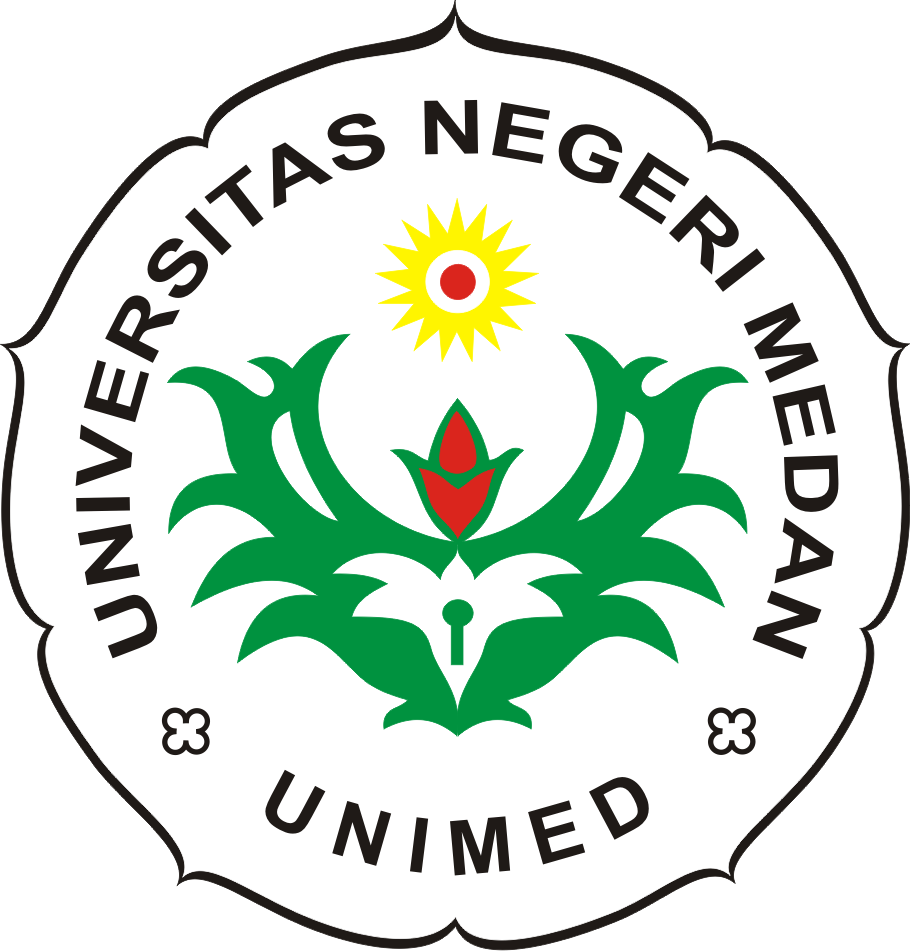ENGLISH TEACHERS QUESTIONS IN PROMOTING STUDENTS THINKING SKILL IN SMK NEGERI 10 MEDAN
DOI:
https://doi.org/10.24114/reg.v10i4.29997Abstract
This study deals with teachers™ questions in promoting students™ thinking skill. The objectives of this study were to reveal the types of questions based on taxonomy that teachers used in classroom communicative practices and how the teachers employed strategies to stimulate students™ responses towards the teachers™ questions. A descriptive qualitative design was used in this study. The data was collected by observing two teachers in two classes of grade twelve. The findings of this study showed that the teachers used all of questions types. The type of teachers™ questions which were commonly used by the two teachers is Productive Questions. The cognitive domain which can be achieved from productive categories is creating level. Teacher A mostly used evaluative question. The cognitive domain which can be achieved from evaluative category is evaluating level. While, Teacher B mostly used productive questions. The cognitive domain which can be achieved from productive category is creating level. Furthermore, the less questions appearing is Empirical Question. So, the researcher can conclude that teachers™ questions can promote higher order questions instead of lower order questions. In addition, the two teachers used some strategies to stimulate students™ responses towards the teachers™ questions. Teacher A used rephrasing strategy, simplification strategy, decomposition strategy, and probing strategy, while Teacher B used rephrasing strategy, repetition strategy, and decomposition strategy.Keywords : Teachers Questions, Cognitive Domain, Question StrategyDownloads
Published
Issue
Section
License
Copyright (c) 2021 Sharon Dinda N.H, Sumarsih Sumarsih

This work is licensed under a Creative Commons Attribution-ShareAlike 4.0 International License.
Authors who publish with this journal agree with the following terms:
- Authors retain copyright and grant the journal right of first publication with the work simultaneously licensed under a Creative Commons Attribution License that allows others to share the work with an acknowledgment of the work's authorship and initial publication in this journal.
- Authors are able to enter into separate, additional contractual arrangements for the non-exclusive distribution of the journal's published version of the work (e.g., post it to an institutional repository or publish it in a book), with an acknowledgement of its initial publication in this journal.
- Authors are permitted and encouraged to post their work online (e.g., in institutional repositories or on their website) prior to and during the submission process, as it can lead to productive exchanges, as well as earlier and greater citation of published work (See The Effect of Open Access).
- This work is licensed under a Creative Commons Attribution-ShareAlike 4.0 International License.






